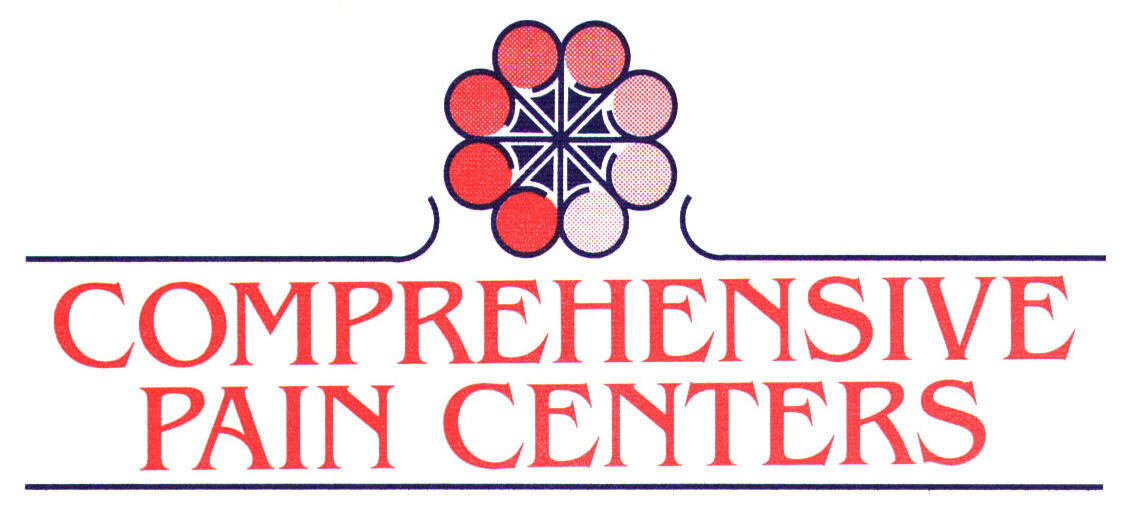How Does Opioid Use for Pain Management REALLY Affect the Body
When using opioids for pain management, one may find that the pain is not fully going away. Perhaps the body will respond better to other forms of pain management, or perhaps the medications are becoming less effective with use over time. Using more of an opioid isn’t necessarily going to make you feel better or in less pain.
Increasing a dose of opioids will sometimes only increase the side effects. It may even cause hyperalgesia, a condition where the pain gets worse instead of better. Upping an opioid dosage also increases the risk for overdose. Opioids are powerful medications. Using more than prescribed can make them as dangerous as illegal drugs.
Some of the side effects associated with opioids which increase with dosage are:
Nausea
Drowsiness
Paranoia
Respiratory Depression
Laziness
The chronic use of opioids can cause many changes to the body such as:
Chronic constipation
Bloating
Abdominal distention
Sleep disorders
Vomiting
Nausea
Lowered sex hormones
Decrease in bone health and strength
Brain damage (from hypoxia caused by respiratory depression)
Kidney damage
Rhabdomyolysis (rapid break down of muscle tissue)
Liver damage (this is worse when combining other drugs)
Tooth decay
Dry mouth
Physical dependence
Tolerance (making the dosage higher for the same desired effect)
For example, not only will an abuser suffer from constipation, but it will become such an issue that laxatives will be required for the bowels to move. There are also a variety of gastrointestinal disorders that are associated with opioid use. Opioids increase the sensitivity of the nerves in the stomach as well, so if they are used to manage stomach pain, they will likely increase the pain instead.
You pain management physician will work with you to find the right balance of medication for your pain, with the least possible side effects. That said, your doctor will also work with you to manage any consequences of your medication. Talk to your physician about your pain, the medications they would like to prescribe, the meds you are taking and your goals for treatment.
